There’s nothing quite so Andalusian as attending a local feria or festival, comprising all the elements you’d expect from this quintessential area of Spain – flamenco, horses and lots of food and drink.
While the most famous feria is Seville’s Feria de Abril, it may not actually be the best place to experience your first one. This is primarily because in Seville, visitors are not allowed to enter many of the so-called casetas (tents or marquees) where the main events such as music and dancing take place.
These are reserved for private companies or are by invitation only. By visiting the Feria del Caballo in Jerez de la Frontera instead, you’ll be able to enter almost all the casetas for free and not have to worry about jostling for space with so many other tourists, as it’s mainly locals who attend.
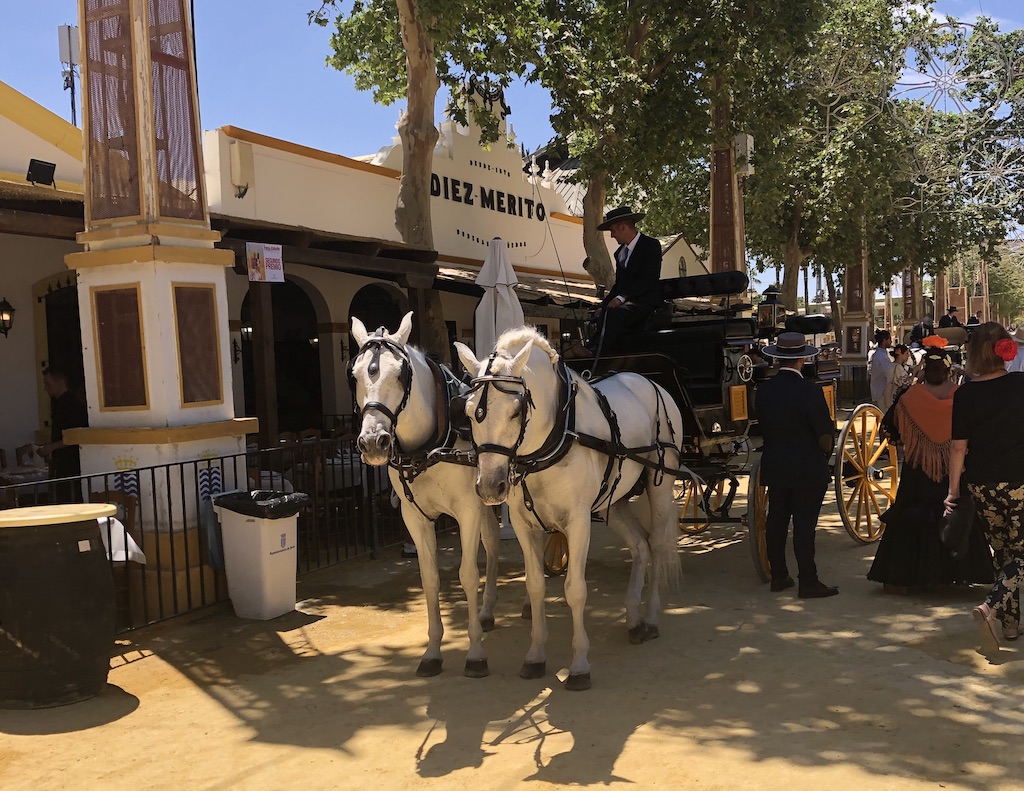
Jerez lies approximately 90km south of Seville and is renowned throughout the country for three things – horses, flamenco and sherry. It forms one point of the famed Sherry Triangle, where the majority of Spain’s sherry or jerez is produced and is also home to the prestigious Real Escuela Andaluza del Arte Ecuestre (Royal Andalusian School of Equestrian Art). This is where some of Spain’s most talented horses perform and dance with their riders.
READ ALSO: The surprising connection between Spanish sherry and the British and Irish
While the town also holds a sherry festival and a flamenco festival, the Feria del Caballo is where all three elements are brought together.
This year the Feria del Caballo takes place from May 4th to the 11th, 2024. Like previous years the main fair will take place in the Parque González Hontoria, just north of the city centre.
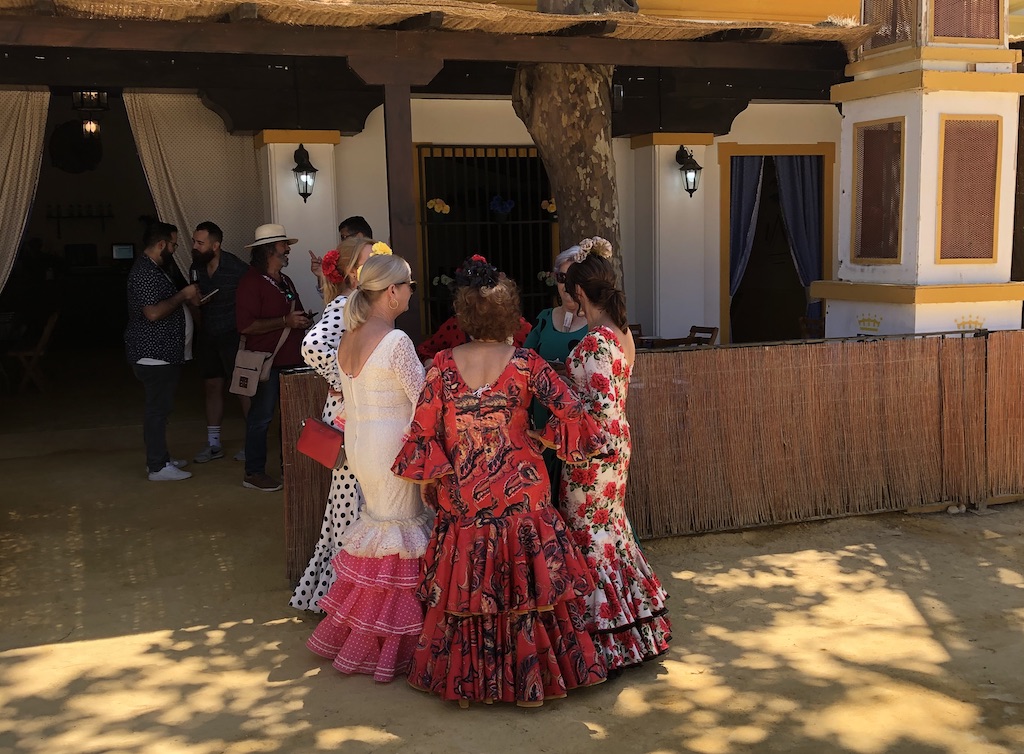
During the day time, there are several dressage competitions taking place, then as late afternoon and evening draws near, the whole town heads to the fairground for an evening of partying and drinking.
Everyone dons their traditional trajes de flamenco or flamenco costumes, and horse-drawn carriages take revellers for rides along the dusty streets, lined with casetas, decorations and barrels of sherry.
By night the whole fairground is aglow with twinkly multicoloured lights. Flamenco music blares from each caseta and everyone shows off their Sevillanas moves. Sevillanas is a traditional folk dance from the region of Seville, which could be mistaken for flamenco to the untrained eye.
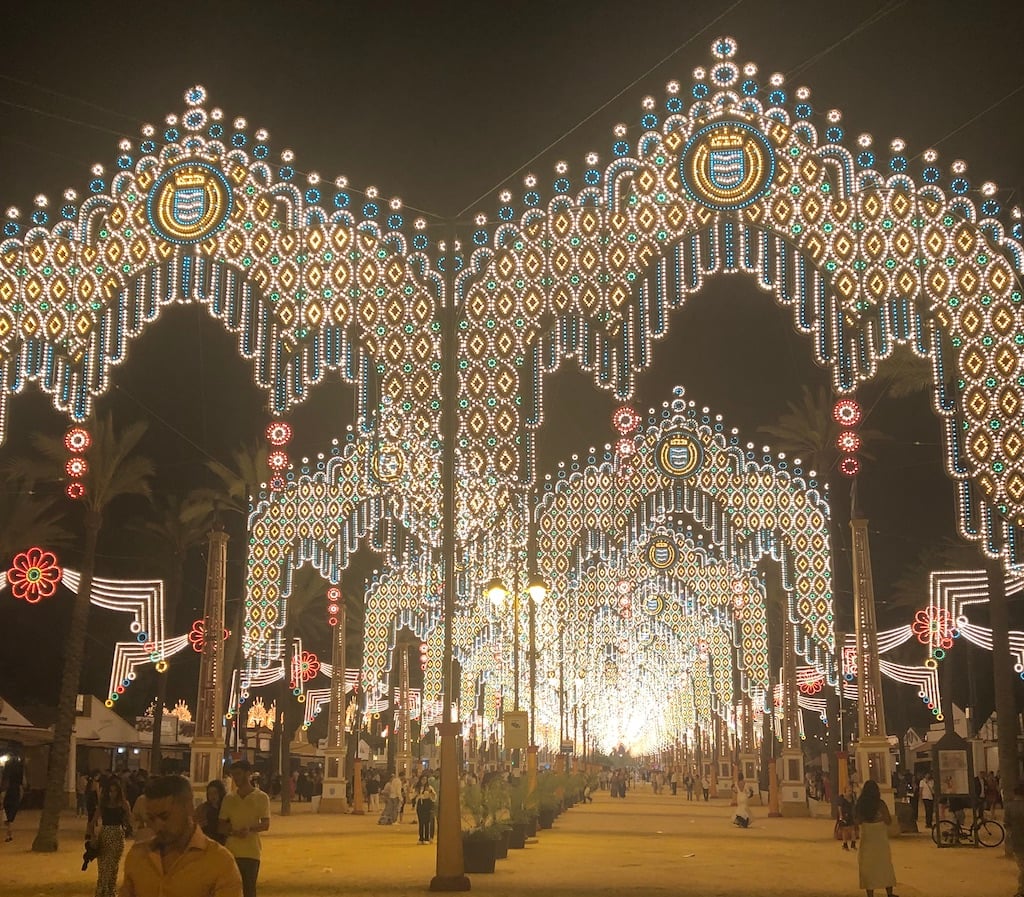
The order of the day is a rebujito, the feria’s classic tipple which is a mixture of sherry and lemonade. It might not sound great, but it can get quite addictive.
Next to the park, which has been turned into a mini festival city within itself is a traditional funfair complete with rides such as twirling tea cups and bumper cars, as well as games from coconut shys to fishing for plastic ducks and mock shooting ranges.
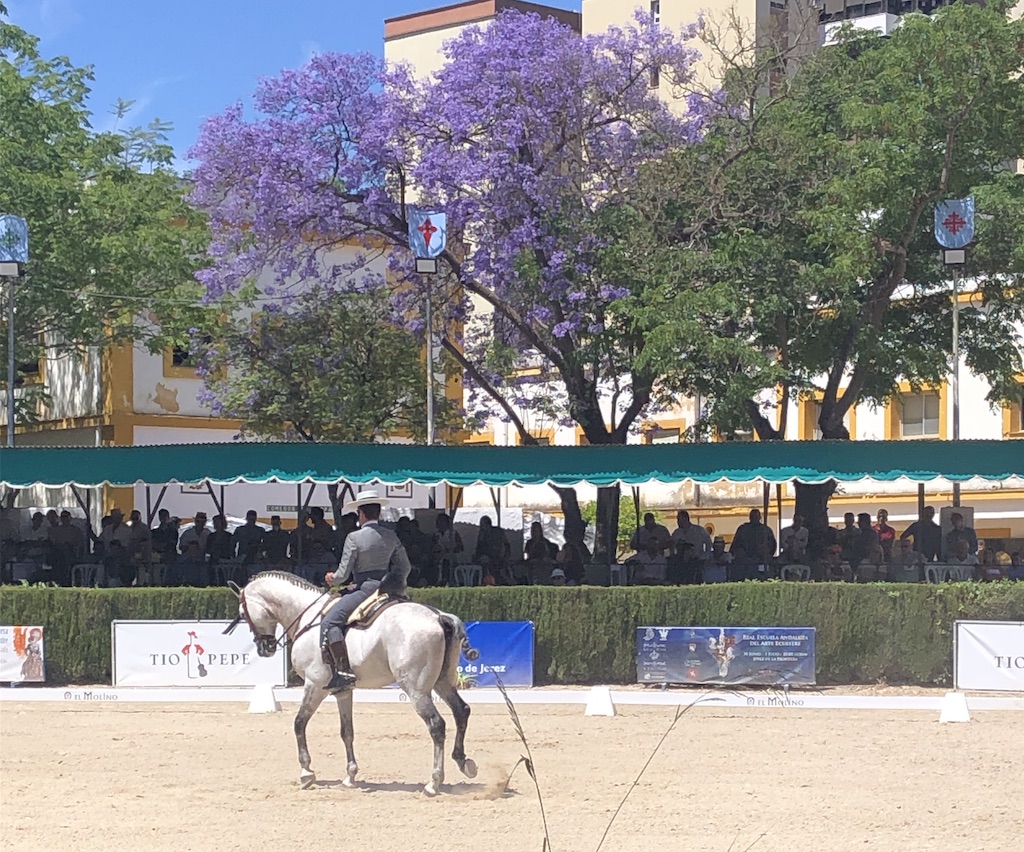
The history of the Feria del Caballo goes back over 500 years. In 1264 Alfonso X granted the town two annual duty-free fairs, one in April and the other in September/October. By the Middle Ages, this turned into commercial livestock fairs that took place around the same months.
However, it wasn’t until 1955 when the Domecq Sherry family came up with the idea of a festival focused on the city’s connections with horses.
Today, Jerez de la Frontera offers one of the best places to experience a typical Andalusian feria.

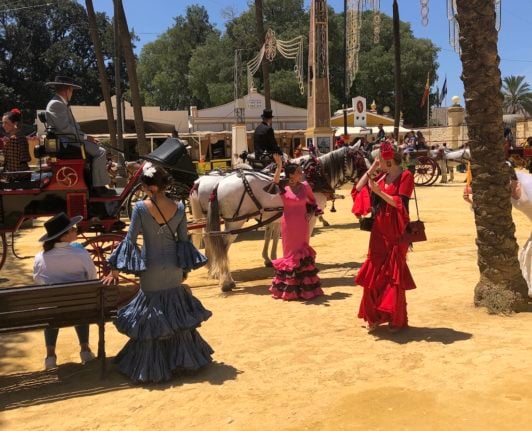
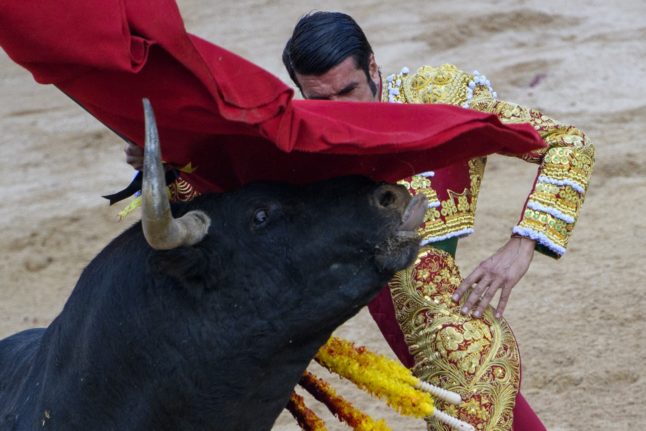
 Please whitelist us to continue reading.
Please whitelist us to continue reading.
Member comments